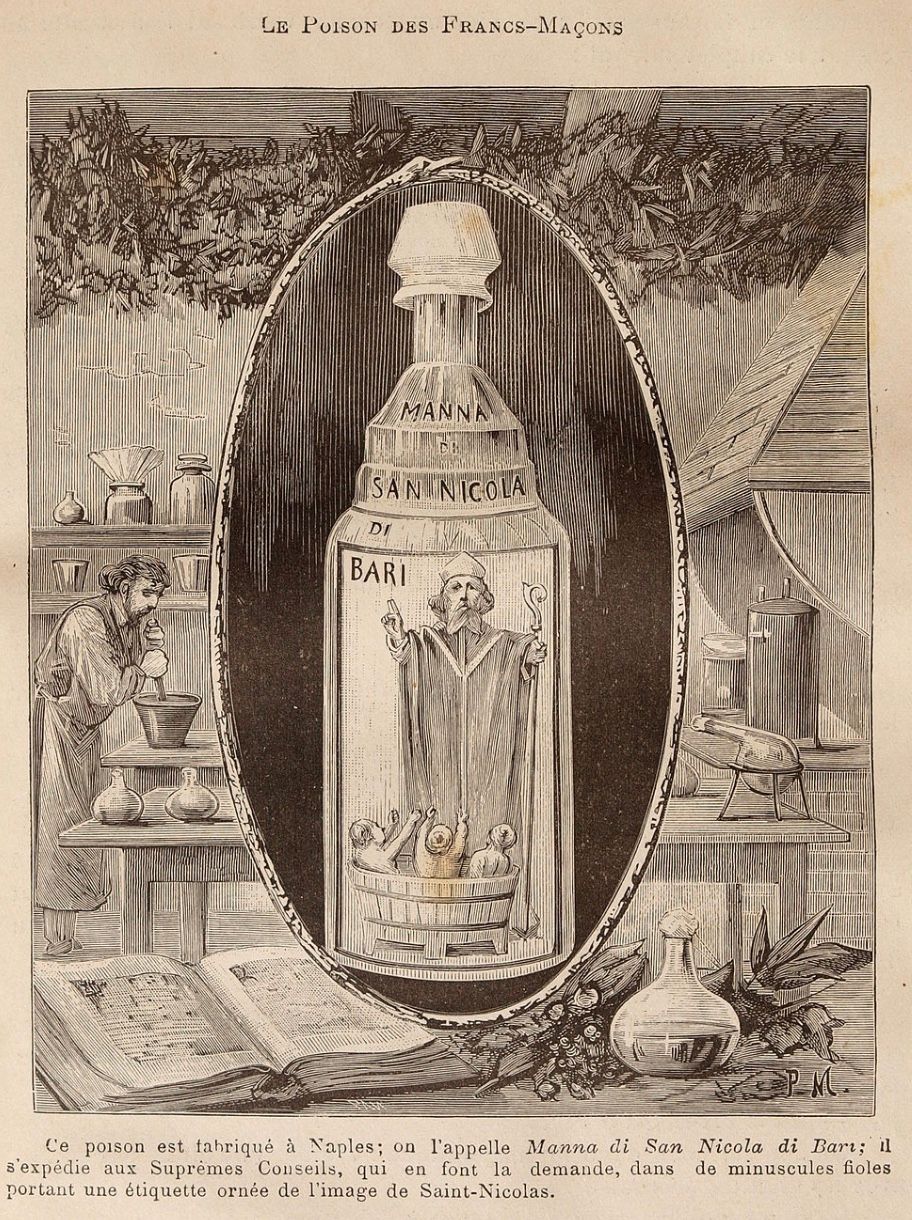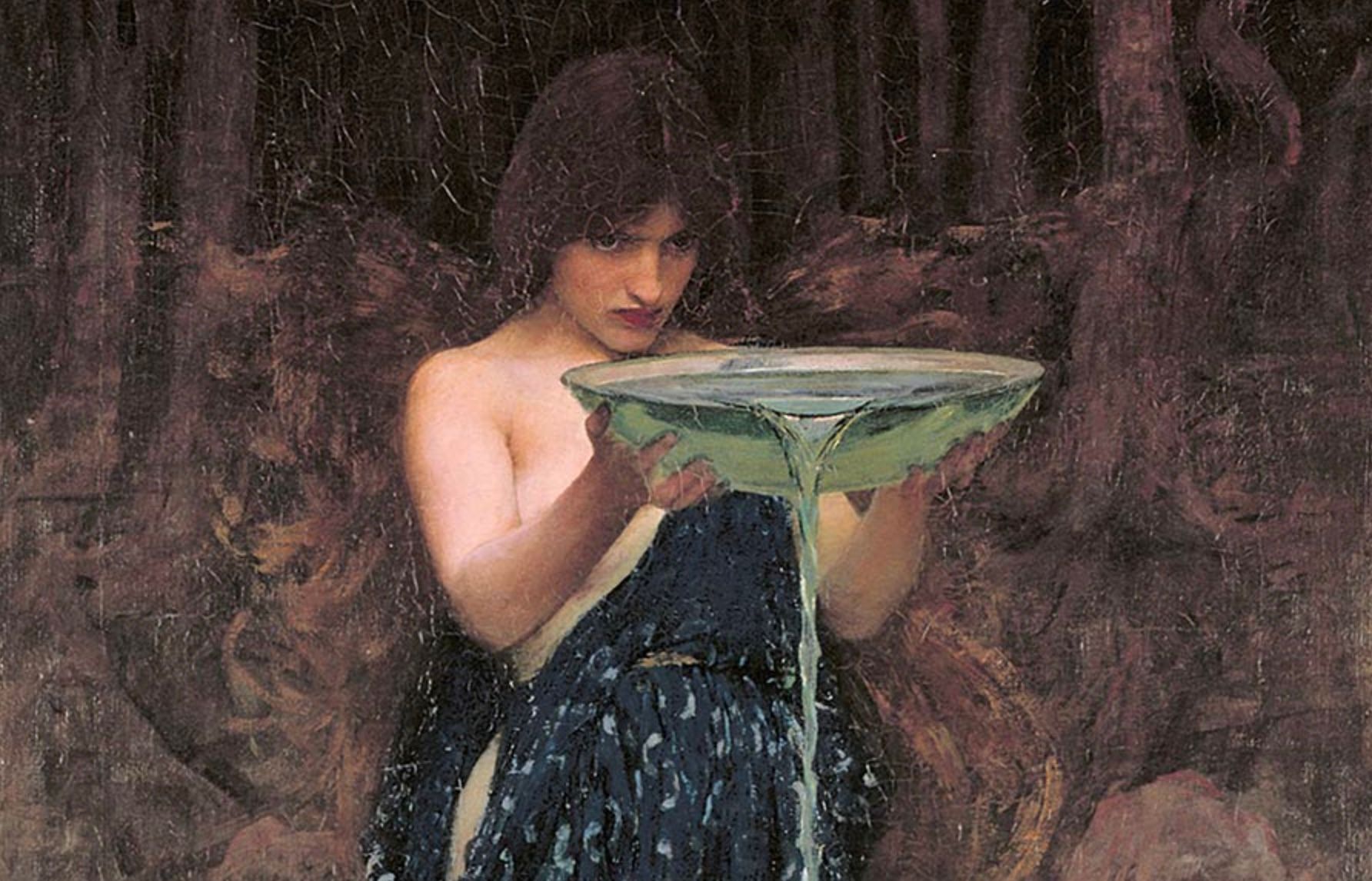Who was Guilia Tofana, and Why was she arrested?
I’m taking you back to 17th-century Rome where we follow the story of Guilia Tofana, an Italian apothecary and professional poisoner.

For this long-awaited edition of The Land of Misfit Queens, I present to you one of my favorite women from history. She is not royal, but very special to my heart. I’m taking you back to 17th-century Rome where we follow the story of Guilia Tofana, an Italian apothecary and professional poisoner.
Early Life
Historian estimate that Guilia Tofana was born in Palermo around 1620. Her mother, Tofana D’Amado, was proficient in the art of poison. Her mother’s reputation caught up to her when she was executed in 1633 for allegedly killing her husband. This left 13-year-old Guilia an orphan. Much of Guilia’s early life is unknown up until she adopted her mother’s craft and became known as a poisoner and friend to women in need.
As with most periods in history, women were granted little freedom and autonomy. Italian women in the 17th century could secure an advantageous marriage and live through their husbands, or they remained single and made their living as sex workers or maids. It was common for women to end up in abusive marriages, with limited access to support or escape. If only there was some way to be rid of their husbands once and for all…
Aqua Tofana
Poisoning became popular in the 17th and 18th centuries as a means to collect an inheritance, escape abuse, or any other reason. One of the most famous poisonings was in the court of King Louis XIV of France in the late 17th century. This event has now been named the Affair of the Poisons and had a profound impact on European society.
At around this time, Guilia started selling her famous poison, Aqua Tofana and began marketing it to married women. To an ordinary person, her product looked like a blemish cream named “Manna of St. Nicholas of Bari”. Only Guilia and her female customers recognize the product as Aqua Tofana. It was said that Guilia’s mother came up with the recipe and sold it before she died. Although the ingredients in Aqua Tofana were never recorded, modern historians believed that the poison contained the following:
- arsenic
- lead
- possibly belladonna
A combination of these substances forms a colorless, tasteless liquid. Theoretically, a couple of drops could be added to someone’s afternoon tea. A very small dose would cause flu-like symptoms. By the third or fourth dose, victims experience vomiting, diarrhea, abdominal pain, and dehydration.

The progression mimicked a natural disease, leading to an unsuspicious death. A perfect poison needs a perfect execution. The best plan for natural poisoning is to use microdoses over a long period. Once the poison did its work, the wife would order an autopsy to claim her innocence further. The autopsy would be clean and the whole deed would be done. This tactic is what hundreds of women in Italy used to kill their husbands.
For years, Aqua Tofana saturated the Italian black market. For years, Guilia created a profitable business that helped many women escape bad situations, while simultaneously killing hundreds of men. The scheme would have kept going but for one fatal mistake.
The Walls Come Crumbling Down
The legend goes like this: Guilia sold a vial of Aqua Tifana to a woman. That woman took the vial home and mixed it with a cup of soup. For dinner, she served her husband soup. Before the spoon touched his lips, she hesitated and told him not to eat it. Naturally, he grew suspicious and interrogated his wife until she confessed she bought Aqua Tofana from Guilia.
Authorities sent out a search party for Guilia. Realizing her life was in danger, she fled to a local church for safety. The church was breached and Guilia was taken into custody. After hours of torture and questioning, Guilia Tofana confessed to killing up to 600 men by selling Aqua Tofana. If this is true, it makes Guilia Tofana the prolific serial poisoner in history.
Guilia Tofana was executed along with her daughter and three employees in 1659. Many lower-class customers of Guilia were also caught and executed, but higher-born customers were able to feign ignorance and escape the authorities.